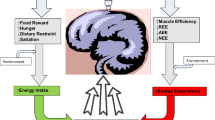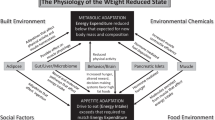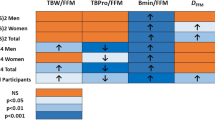Abstract
IT is not easy to follow Mr.Greenhill in his letter which appeared in NATURE of March 24 under the above heading. His main contention appears to be that “weight” connotes not “force” but “mass” in engineering formulæ. Surely it would be more correct to say that the primary idea among engineers is that of force, mass being of secondary consideration and being measured by means of force: the force most commonly referred to being that of gravitation, which is the force, par excellence, with which the engineer has to deal. And I think it would be impossible to find any ordinary engineering formula involving W (which is generally supposed to stand for weight) in which W does not mean gravitation force. Also, in formulæ which have nothing to do with gravitation, and in which M (or mass) would naturally appear, the engineer puts W÷g instead of M, so as to enable him to express it in terms of his unit of force, the weight of a pound. Thus, the kinetic energy of a moving body is ½Mv2 (where M is its mass and v its velocity), and is quite independent of its position in space. Engineers, however, who only care about bodies near the earth's surface, express the energy in terms of the merely local phenomenon, the weight or gravitation force acting on the body, which is sufficiently constant for their purposes, and write ½Wv2 ÷g. There is consequently a struggle between engineers and physicists as to whether “pound,” “ton,” &c., shall connote the fundamental engineering quantity, namely, weight, or the fundamental physical quantity, namely, mass; and, naturally, neither side is very willing to give way. The easiest way perhaps would be for the physicists to give another name to the mass-unit, and leave engineers to the enjoyment of their use of the word “pound”; though meanwhile the word might very well connote either mass or weight (i.e. gravitation force) according to the context, the terms pound-mass and pound-weight being used when special clearness is desired. But do not let us, as Mr. Greenhill seems to desire, use weight and mass as synonyms, so losing the advantage of a good word for no good reason.
This is a preview of subscription content, access via your institution
Access options
Subscribe to this journal
Receive 51 print issues and online access
$199.00 per year
only $3.90 per issue
Buy this article
- Purchase on SpringerLink
- Instant access to the full article PDF.
USD 39.95
Prices may be subject to local taxes which are calculated during checkout
Similar content being viewed by others
Author information
Authors and Affiliations
Rights and permissions
About this article
Cite this article
LODGE, A. Units of Weight, Mass, and Force. Nature 35, 557 (1887). https://doi.org/10.1038/035557b0
Issue date:
DOI: https://doi.org/10.1038/035557b0



